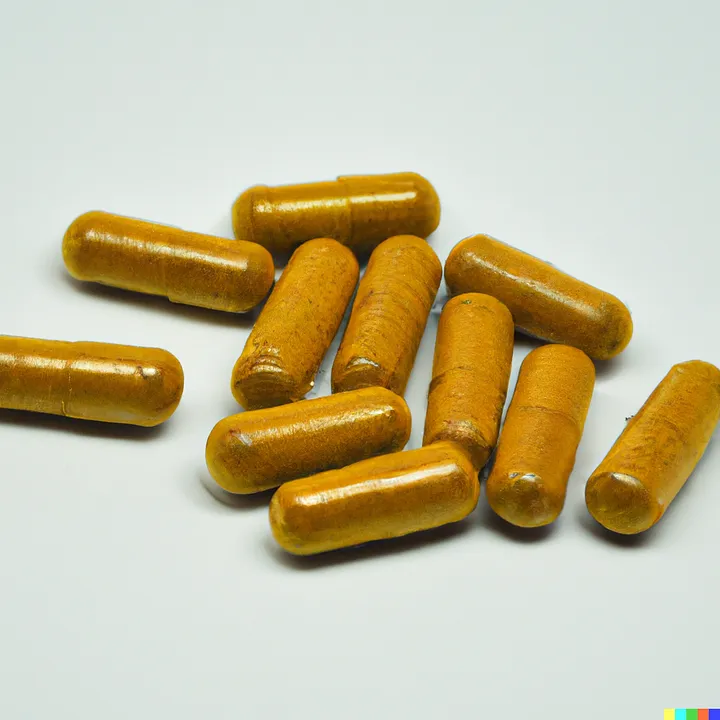Curcumin is a natural compound found in turmeric known for its anti-inflammatory and antibacterial properties. It has been traditionally used in Asia for medicinal purposes, particularly for treating dyspepsia. Curcumin has various beneficial properties, including anti-inflammatory, anti-tumor, antioxidant, and neuroprotective effects.
Recent studies have explored the potential of curcumin in different health contexts:
Dyspepsia: Curcumin was found to be as effective as the medication omeprazole in relieving indigestion symptoms in a study involving 206 patients with functional dyspepsia. This suggests it could be a natural alternative for managing indigestion.
Peptic Ulcers: Another study showed that curcumin was as effective as omeprazole in treating peptic ulcers. All three groups in the study experienced significant symptom improvements.
COVID-19: A clinical trial investigated nanocurcumin, a nanoparticle version of curcumin, as an add-on treatment for COVID-19. Patients receiving nanocurcumin experienced improvements in symptoms and blood oxygen levels, potentially aiding in recovery.
Premenstrual Syndrome (PMS) and Dysmenorrhea: Curcumin supplementation in young women with PMS and dysmenorrhea led to reduced inflammation and improved dyspepsia symptoms, suggesting its potential as a natural remedy for these conditions.
Benign Prostatic Hyperplasia (BPH): A study on BPH patients found that nano-micellar curcumin significantly improved symptoms and had positive effects on inflammation and oxidative stress markers, offering potential relief for those with BPH.
Overall, these studies indicate the diverse health benefits of curcumin, including its potential in digestive health, pain relief, COVID-19 treatment, and more. While further research is needed, curcumin appears to be a promising natural and safe option for various health concerns.

Comments
Post a Comment